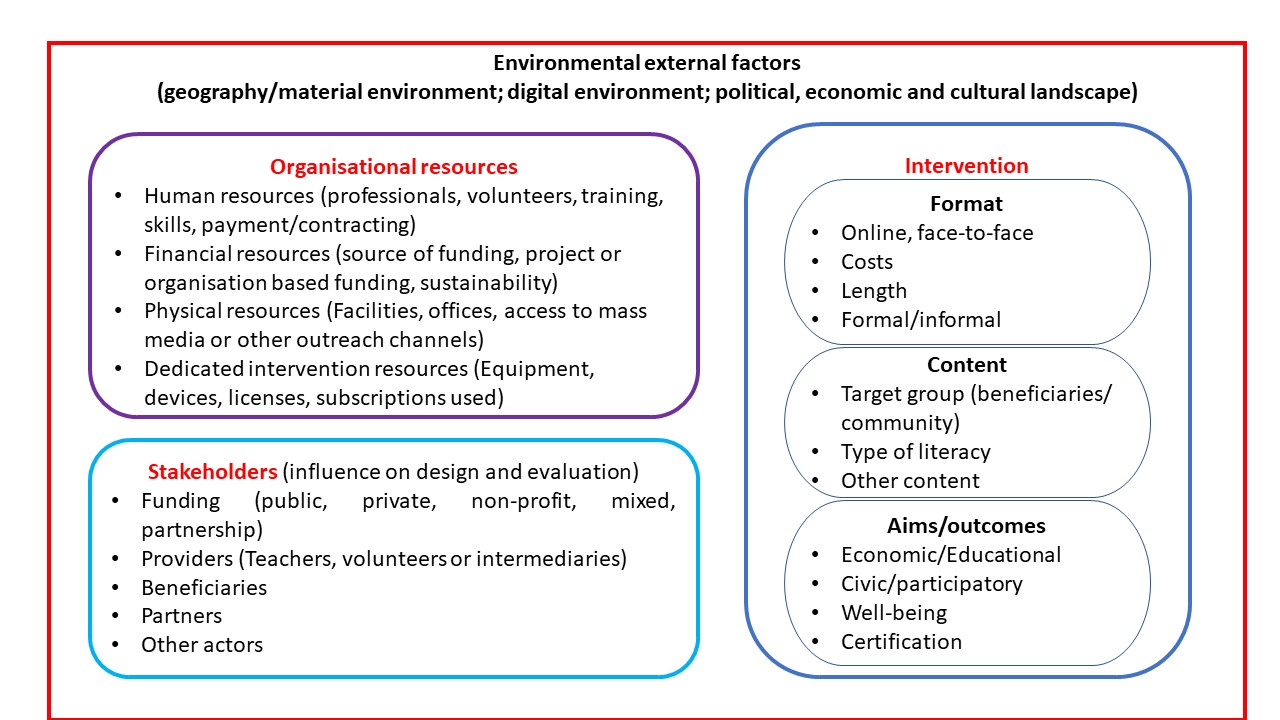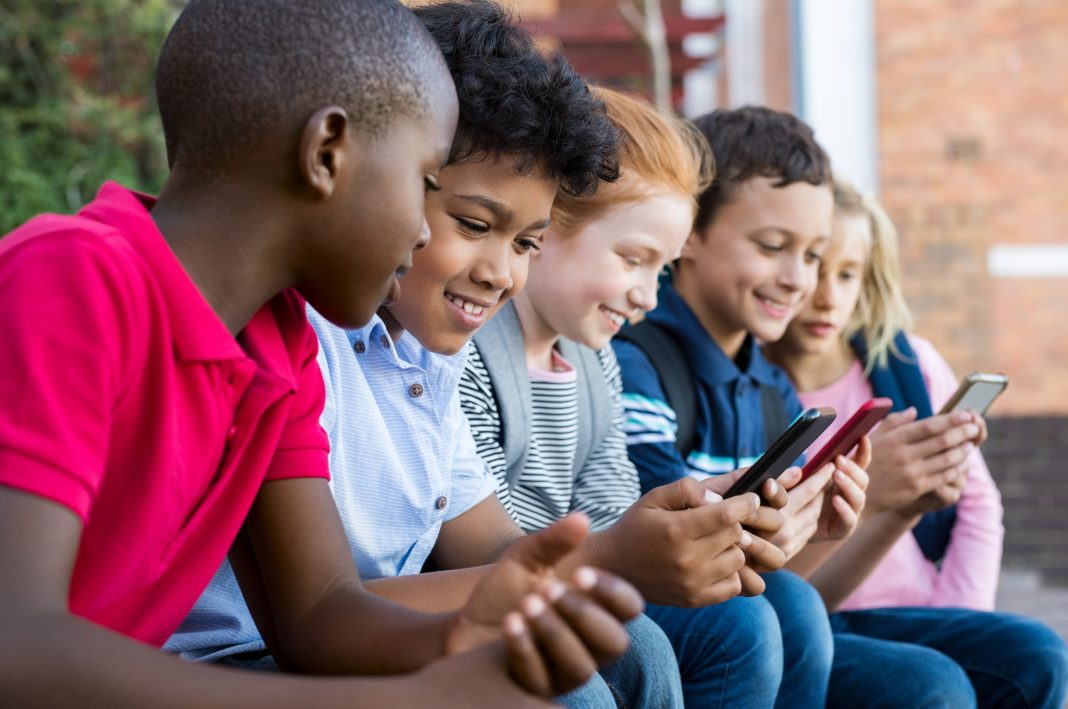Given children’s increased exposure to digital technologies, Leen d’Haenens from the University of Leuven discusses findings from a research project called ySKILLS, which aimed to enhance the positive impact of the digital environment on children’s wellbeing
In our digital world, the goal should be to equip children with the skills to use technology critically and safely. Parents often turn to research for guidance, yet there are no universal solutions in parenting. Acknowledging that the real world is not without risks, mobile phones have become integral to daily life.
The challenges for parents, educators, and policymakers are significant. To leverage digital transformation, new skill sets are essential, many of which our youth still need to develop.
Efforts to promote digital technology use must address existing inequalities to prevent further marginalization of disadvantaged groups. Validated measures for assessing digital skills, especially non-technical ones, are necessary. Additionally, more research is needed on the impact of digital technologies on wellbeing.
Enhancing children’s digital resilience: Insights from the ySKILLS project
From 2020 to 2023, I coordinated the HORIZON 2020 research project ySKILLS (Youth Skills) with teams from 13 countries. We aimed to enhance the positive impact of the digital environment on children’s wellbeing by fostering resilience through digital skills. Over three years, we conducted longitudinal surveys and various studies to closely examine the development of digital skills in 12-17-year-olds across different countries.
We developed a comprehensive digital literacy framework that goes beyond technical skills to include ‘soft’ skills like social skills and content creation. Digital literacy encompasses four dimensions: technical, information navigation, communication, and content creation. These dimensions are influenced by individual, social, and country characteristics and are essential for positive digital engagement.
Many children struggle to evaluate the reliability of online information and understand the intentions behind content. Additionally, appropriate and courteous online behaviour is often lacking, affecting digital interactions. In content creation, children frequently have difficulty following guidelines for effective communication through digital media. Understanding such gaps is crucial for developing tools and strategies that support the wellbeing and digital resilience of young people.
Factors influencing digital literacy development
Age positively correlates with most digital skills, developing through a learning-by-doing process. However, skills like programming and content creation, acquired through targeted learning experiences such as workshops, did not follow this pattern. Gender differences emerged, with girls reporting higher communication skills while boys excelled in technical, operational, information navigation, processing, and programming skills. These patterns may differ in non-Western cultures. We identified several vulnerability factors among at-risk children, including low socioeconomic background, health issues, poor academic performance, discrimination, low self-efficacy, and limited support. In highly developed countries, digital access and ICT availability are less critical indicators of digital skills due to widespread internet access. However, ICT availability remains crucial for minorities and vulnerable children, such as refugees and those with mental health issues.
The amount of online activity is closely related to all dimensions of digital skills, though increased online activity does not uniformly boost all skill areas. Information navigation, processing, and communication skills are particularly influenced at the individual level. Self-efficacy, or belief in one’s capabilities, positively influences the development of nearly all digital skills. While there is no strong association between socioeconomic status (SES) and most digital skills among youth in developed countries, children with higher SES tend to have better information navigation and processing skills. They are more likely to attend extracurricular programming workshops. Restrictive parental mediation negatively impacts technical and operational skills.

Impacts of digital literacy on children’s wellbeing
Examining the relationship between digital skills and wellbeing, we found that these skills generally have a limited direct impact on psychological and social wellbeing. Communication, interaction, information navigation, and processing skills had a small positive impact on perceived school performance. In contrast, content creation and production skills were associated with lower school performance, indicating a complex relationship.
Interviews with adolescents facing mental health challenges showed that sophisticated digital skills do not guarantee better mental health outcomes. Skilled internet use can sometimes lead to riskier online engagement, negatively affecting coping abilities. Feelings of isolation and a lack of support can hinder skill development. Mastery of digital skills alone is insufficient to understand ‘at-risk’ behaviours and mental health outcomes; the psychosocial context and unique developmental needs of each adolescent are crucial.
Understanding the impact of media literacy and digital skills interventions on children’s wellbeing
Our findings underscore the complexity of young people’s digital skills. To support them effectively, understanding these nuances for building media literacy and digital skills interventions is crucial. As part of the REMEDIS project (2022-2025), we conducted a systematic review in 2023 to synthesize evidence on effective interventions.
We identified 119 studies from major databases, focusing on peer-reviewed experimental methodologies. The primary focus was on media literacy and digital skills, which were the most frequently tested outcomes, followed by psychological wellbeing and education. Although the significance of the effects varied, the most substantial impacts were observed in education and learning outcomes.
The emphasis on psychological wellbeing and education outcomes highlights the link between media use, mental health, and educational achievements. Rising concerns about digital media’s impact on mental health, such as increased stress, anxiety, or depression, have prompted researchers to investigate these areas more thoroughly. However, for the majority of these outcomes, our review showed no significant effects. Another systematic review of digital tools for mental health promotion among 11-18-year-olds found promising but minor effects in promoting wellbeing, relieving anxiety, and enhancing protective factors (Wright et al., 2023).
Globally, awareness of mental health issues is increasing, prompting more research into factors that influence psychological wellbeing. Our review highlights a significant research gap in areas such as civic engagement, physical wellbeing, and socio-cultural wellbeing. These areas were rarely tested, indicating a need for future studies to diversify their focus. Broadening the range of outcomes measured is essential to provide a more comprehensive understanding of these interventions’ effects on young people. The REMEDIS project offers intervention programme providers an overview of the factors that influence the effectiveness of their intervention.
ySKILLS: https://yskills.eu


This work is licensed under Creative Commons Attribution-NonCommercial-NoDerivatives 4.0 International.


